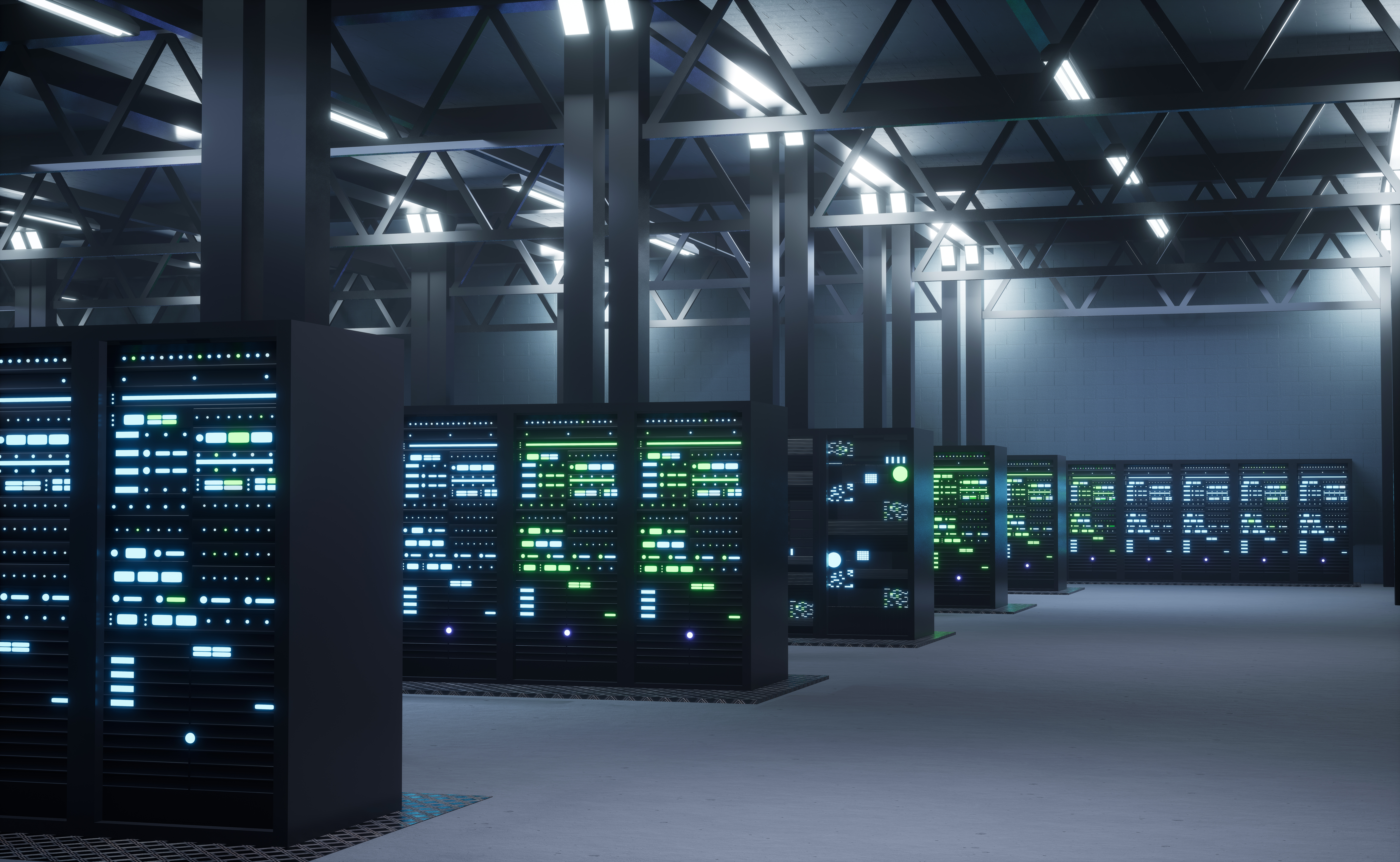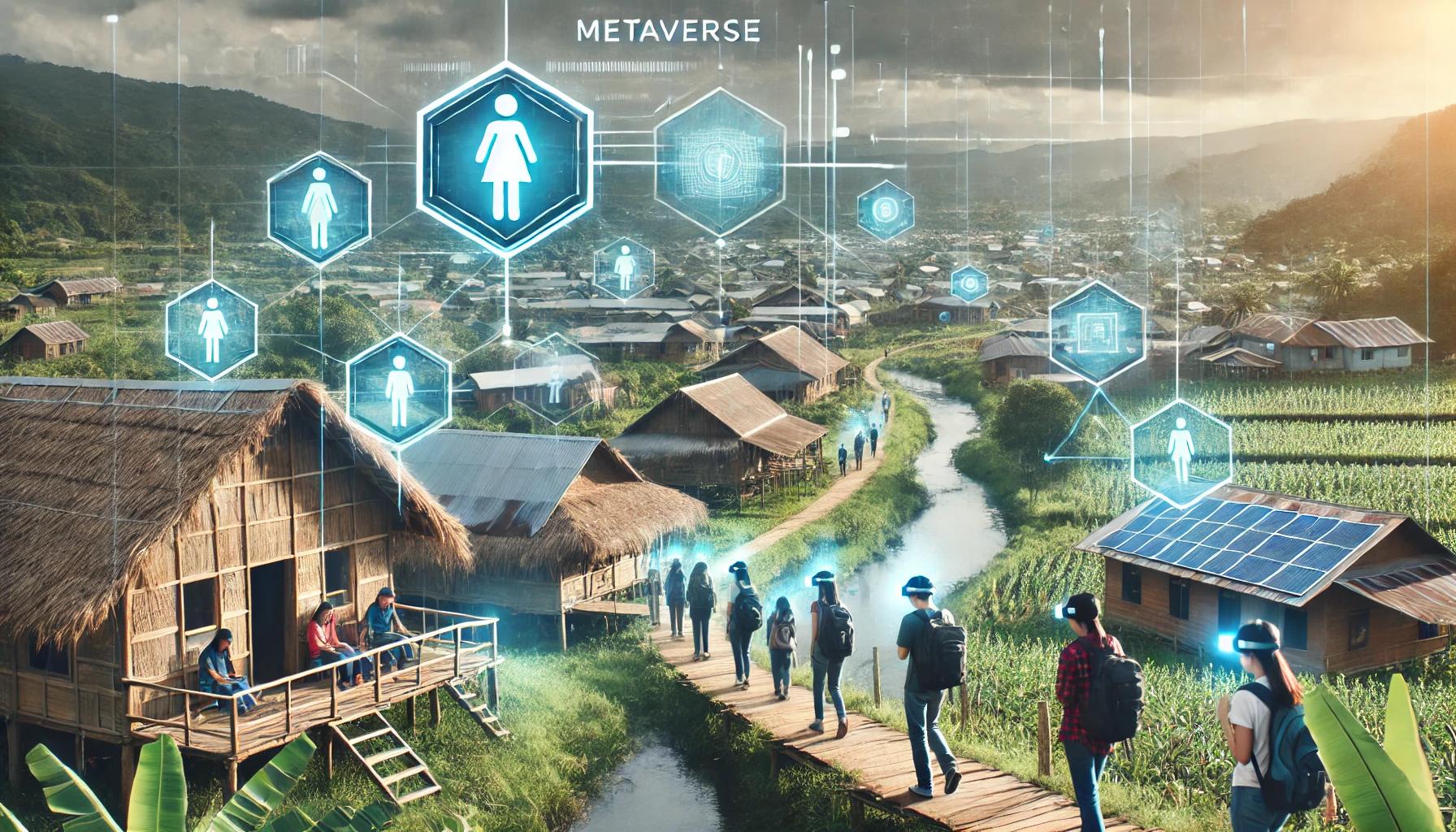
UNCTAD has launched the first global database to consolidate national estimates of e‑commerce value, aiming to provide clearer insights and highlight major gaps in digital economy data.
The announcement was made during the sixth meeting of the UN Trade and Development Working Group on Measuring E-commerce, with representatives from 42 countries participating.
E-commerce and digitally delivered services are among the fastest-growing sectors of the global economy, yet most countries lack robust statistics to capture online transactions, cross-border trade, and social-media-based commerce.
Experts warned that inadequate data hinders policymaking, masks inequalities in digital access, and limits the benefits of digital transformation.
The working group recommended a 2026 review of indicators, including AI, platform business models, remote work, and fully digital services. Guidelines will be promoted via expanded capacity-building programmes, supported by the Kingdom of Saudi Arabia.
Cooperation between governments, the private sector, and international organisations is vital for consistent global measurement and to avoid duplication.
Experts called for technology-neutral, comparable frameworks and innovative tools, such as payment records and data mining, to improve global e‑commerce measurement.
Would you like to learn more about AI, tech and digital diplomacy? If so, ask our Diplo chatbot!

Researchers at the Icahn School of Medicine at Mount Sinai have developed an AI tool capable of predicting which critically ill ventilated patients may be underfed, potentially enabling earlier nutritional intervention in intensive care units.
NutriSighT, the AI model, analyses routine ICU data, including vital signs, lab results, medications, and feeding information. Predictions are updated every four hours, allowing clinicians to identify patients at risk of underfeeding during days three to seven of ventilation.
The study found that 41–53% of patients were underfed by day three, while 25–35% remained underfed by day seven.
The model is dynamic and interpretable, highlighting key factors such as blood pressure, sodium levels, and sedation that influence underfeeding risk. Researchers emphasise that NutriSighT supports personalised nutrition and guides clinical decisions without replacing medical judgement.
Future research will focus on prospective multi-site trials, integration with electronic health records, and expansion to broader, individualised nutrition targets. Investigators hope these advances will enhance patient outcomes and enable more tailored ICU care.
Would you like to learn more about AI, tech and digital diplomacy? If so, ask our Diplo chatbot!

Regulatory uncertainty has long shaped life sciences, but 2025 marked a shift in expectations. Authorities are focusing more on how companies operate in practice. Enforcement activity continues to signal sustained scrutiny.
Regulators across federal and state agencies are coordinating more closely. Attention is centred on digital system validation, AI-supported documentation, reimbursement processes, and third-party oversight. Flexibility in digital tools is no longer assumed.
Inspection priorities now extend beyond manufacturing quality. Regulators are examining governance of automated analyses, review of AI-generated records, and data consistency in decentralised trials. Clear documentation is becoming critical.
A similar shift is visible in reimbursement and data oversight. Authorities want insight into governance behind pricing, reporting, and data handling. Privacy enforcement now focuses on data flows, AI training data, and third-party access.
Looking ahead to 2026, scrutiny is expected to intensify around AI inspection standards and data sharing. Regulators are signalling higher expectations for transparency and accountability. Sound judgement and consistency may prove decisive.
Would you like to learn more about AI, tech, and digital diplomacy? If so, ask our Diplo chatbot!

The growing demand for AI is reshaping the fortunes of the memory chip industry, according to leading manufacturers, who argue that the scale of AI investment is altering the sector’s typical boom-and-bust pattern.
The technology is creating more structural demand, rather than the sharp cyclical spikes that previously defined the market.
AI workloads depend heavily on robust memory systems, particularly as companies expand data centre capacity worldwide. Major chipmakers now expect steadier growth because AI models require vast data handling rather than one-off hardware surges.
Analysts suggest it could reduce the volatility that has often led to painful downturns for the industry.
Additionally, some reports claim that Japanese technology group Rakuten is prioritising low-cost AI development to improve profitability across its businesses.
Its AI leadership stresses the need to deploy systems that maximise margins instead of simply chasing capability for its own sake.
The developments underscore how AI is not only transforming software and services but also reshaping the economics of the hardware required to power them, from memory chips to cloud infrastructure on a global scale.
Would you like to learn more about AI, tech and digital diplomacy? If so, ask our Diplo chatbot!

Seasonal influenza remains a significant global health burden, causing millions of severe infections and significant mortality each year, according to World Health Organisation estimates released in early 2025.
In several regions, flu activity has returned to or surpassed pre-pandemic levels, placing older adults, young children, and individuals with chronic conditions at the highest risk. Such patterns reinforce the need for improved prevention strategies and more effective vaccines.
Efforts to control influenza are challenged by the virus’s rapid mutation and the limitations of traditional laboratory methods. AI and machine learning are emerging as powerful tools for predicting antigenic changes, enhancing vaccine strain selection, and accelerating manufacturing.
Beyond vaccine development, AI-driven models are enhancing infection monitoring and immune response analysis by leveraging routine clinical data. These advances enhance surveillance and pave the way for personalised influenza prevention and treatment.
Would you like to learn more about AI, tech and digital diplomacy? If so, ask our Diplo chatbot!

The Central Bank of Russia has introduced a detailed proposal aimed at bringing cryptocurrencies under a unified regulatory framework, marking a significant step towards formal legal recognition of digital assets.
Under the proposal, both qualified and non-qualified investors would be permitted to purchase cryptocurrencies. Investor status would be determined by factors such as education, professional background, income level, and asset holdings.
Non-qualified investors would be restricted to buying up to 300,000 roubles worth of crypto per year through authorised intermediaries.
Digital currencies and stablecoins would be classified as currency values under Russian law, yet their use as a means of payment for goods and services would remain prohibited. The framework maintains the state’s long-standing opposition to domestic crypto payments.
Russian residents would also gain the right to purchase and transfer crypto assets abroad, provided such transactions are reported to the Federal Tax Service. The central bank aims to finalise the legislative groundwork by 1 July 2026.
Would you like to learn more about AI, tech and digital diplomacy? If so, ask our Diplo chatbot!

Rising demand for AI is pushing data centre servers to operate at extreme speeds and temperatures. Traditional air cooling is no longer sufficient for the most powerful computer chips.
Liquid cooling systems use sprays or immersion baths to remove heat more efficiently. These methods allow continuous high performance while reducing the risk of hardware failure and overheating.
Environmental concerns are growing as data centres consume vast amounts of energy and water. Closed-loop liquid cooling cuts electricity use and limits water withdrawal from local supplies and ecosystems.
Concerns persist regarding certain cooling chemicals and their potential climate impact. Researchers and companies are developing safer fluids and passive cooling inspired by natural systems and biological processes.
Would you like to learn more about AI, tech, and digital diplomacy? If so, ask our Diplo chatbot!

ChatGPT Atlas has introduced an agent mode that allows an AI browser agent to view webpages and perform actions directly. The feature supports everyday workflows using the same context as a human user. Expanded capability also increases security exposure.
Prompt injection has emerged as a key threat to browser-based agents, targeting AI behaviour rather than software flaws. Malicious instructions embedded in content can redirect an agent from the user’s intended action. Successful attacks may trigger unauthorised actions.
To address the risk, OpenAI has deployed a security update to Atlas. The update includes an adversarially trained model and strengthened safeguards. It followed internal automated red teaming.
Automated red teaming uses reinforcement learning to train AI attackers that search for complex exploits. Simulations test how agents respond to injected prompts. Findings are used to harden models and system-level defences.
Prompt injection is expected to remain a long-term security challenge for AI agents. Continued investment in testing, training, and rapid mitigation aims to reduce real-world risk. The goal is to achieve reliable and secure AI assistance.
Would you like to learn more about AI, tech, and digital diplomacy? If so, ask our Diplo chatbot!

Splat is a new mobile app from the team behind Retro that uses generative AI to transform personal photos into colouring pages designed for children. The app targets parents seeking creative activities, free from advertising clutter and pay-per-page websites.
Users can upload images from their camera roll or select from curated educational categories, then apply styles such as cartoon, anime or comic.
Parents guide the initial setup through simple preferences instead of a lengthy account creation process, while children can colour either on-screen or on printed pages.
Splat operates on a subscription basis, offering weekly or annual plans that limit the number of generated pages. Access to payments and settings is restricted behind parental verification, helping prevent accidental purchases by younger users.
The app reflects a broader trend in applying generative AI to child-friendly creativity tools. By focusing on ease of use and offline activities, Splat positions itself as an alternative to screen-heavy entertainment while encouraging imaginative play.
Would you like to learn more about AI, tech and digital diplomacy? If so, ask our Diplo chatbot!

AI is becoming central to Vietnam’s urban development as major cities adopt data-led systems. Leaders at the Vietnam–Asia Smart City Summit said AI now shapes planning, service delivery and daily operations nationwide.
Experts noted rising pressure on cities, with congestion, pollution and population growth driving demand for more innovative governance. AI is helping authorities shift towards proactive management, using forecasting tools, shared data platforms and real-time supervision.
Speakers highlighted deployments across transport control, environmental monitoring, disaster alerts and administrative oversight. Hanoi and Da Nang presented advanced models, with Da Nang recognised again for achievements in green development and digital operations.
Delegates agreed that long-term progress depends on strong data foundations, closer coordination and clear strategic roadmaps in Vietnam. Many stressed that technology must prioritise public benefit, with citizens placed at the centre of smart-city design.
Would you like to learn more about AI, tech and digital diplomacy? If so, ask our Diplo chatbot!










